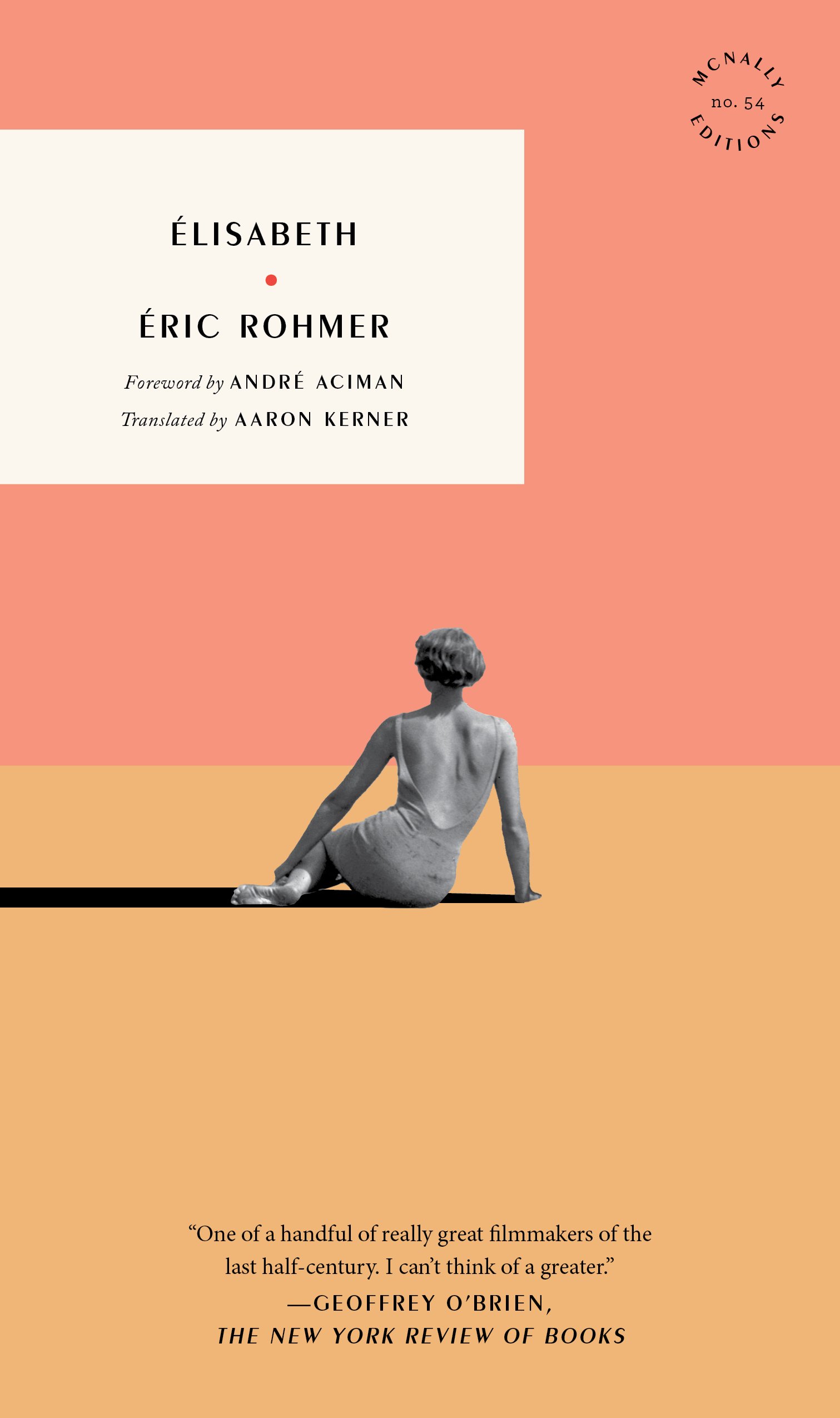Every year, there’s a new crop of sad, dirty poet boys coming up to the city without a penny to their names. In six months’ time, who on earth will remember these nobodies, with their so-called blank verse and their extravagant plots—this Marlowe, Kyd, and Will “Shakespere”? (A pseudonym, surely!) Better that they write thrillers, or advertising copy, or speeches for the media baron John Falstaff, who looks to be running for office. Now there’s a man with a strong hand, who’ll keep us out of any nasty foreign wars!
Published in 1936 and soon forgotten in the chaos of World War II, Picture of Nobody is one of the strangest, most accomplished, and most remarkable one-offs in English fiction. A comic yet credible reimagining of the milieu of Elizabethan London in modernist dress, it transcends its premise to provide a poignant portrait of a Shakespearean mind coming to grips with the twentieth century. Populated by an assortment of characters familiar from Will’s life and writing both, it is as much a loving parody as a grim prophecy regarding the fate of genius in “interesting times.”
“Picture of Nobody is truly unlike any other book I have read. Shakespeare and AntiShakespeare, a time-slipping tragicomedy of errors, grim and gorgeous, sparkling and sliding with wit and melancholy, a confusion triumphant, with some shady Beasts at the Doors. Its idiosyncrasy—and its rarity—have left it unread and unrecognised, and its author’s early death in WWII meant nothing else was to come from him. Picture of Nobody is a masterpiece, and a very strange one too.”
—David Tibet, Current 93
“Mr. Owens overloads his page with an Elizabethan generosity. He has felt love and pain and beauty. He burns with a fine anger. At a time when so much unadventurous competence comes from the presses, this uncompromising, passionate voice should be heard with respect.”
—L.A.G. Strong
“Picture of Nobody is a witty, audacious reimagining of Shakespeare in 1930s London, written with great brio and panache. It conveys a lot about Shakespeare and his contemporaries in an original and inventive way, and also gives a dramatic picture of interwar turmoil. This remarkable work richly deserves rediscovery.”
—Mark Valentine
“No book to drowse over, and for a first novel it is uncommonly fresh and experimental.”
—John Brophy, Time & Tide
“A brilliant idea! . . . His purpose, apart from entertaining himself and us, is to expose the greater vulgarity of our day: and this he does with a ferocity and satiric anger which is extremely enjoyable.”
—London Daily News
“Fresh and original.”
—Time & Tide
“A very amusing and witty jeu d’esprit . . . Mr. Owens is an original writer and his first novel can be warmly recommended.”
—A. G. Macdonell, The Observer
“The book is brilliant . . . Mr. Owens is a gifted and fiery writer; there are many ways of making one’s debut, and this which he has chosen–one might describe it as swallowing a crocodile–will anyhow give him a pleasant insouciance for his next attempt.”
—The Manchester Guardian
“A fantastic affair in which a reincarnated Shakespeare with some of his contemporaries is found battling against twentieth-century odds.”
—Ralph Straus, The Sunday Times
“It is quite unusually vivid both in irony and in genuine feeling; it has a good deal of humour and is arresting because of its sincerity . . . one can have no doubts about what the author means to say, nor that he says it well and with originality.”
—The Times
Philip Owens (1900–1945) was a poet, translator, and editor. He published one novella, Hobohemians, in 1929, as well as several verse plays and poems over the succeeding decade. He translated two novels by Hans Fallada, and his poetry appears in the 1930 Samuel Putnam-edited anthology European Caravan, which also introduced the world to Samuel Beckett and William Empson. In the penultimate year of his life, Owens edited the collection Bed and Sometimes Breakfast: An Anthology of Landladies (1944). He died in an accident in Greece—where he was serving with British Intelligence—just three months before the end of the Second World War.
Allen Bratton is the author of the novel Henry Henry. His short stories have appeared in the Sewanee Review and Granta. He holds an MA in English Language and Literatures, having written a thesis on medieval English kingship. He lives in Dublin, Ireland.
Picture of Nobody
ISBN: 9781961341883
McNALLY EDITIONS no. 51 • Spring 2026 • Pub: Apr 7, 2026
$19 • Paperback with flaps • 5" x 8.5" • 288 pages
Fiction—20th Century British / Alternative History / Shakespeare
Rights: Public / Intro: World
eBook ISBN: 9781961341890
UK Pub: Apr 7, 2026 • UK Price: £13.99






